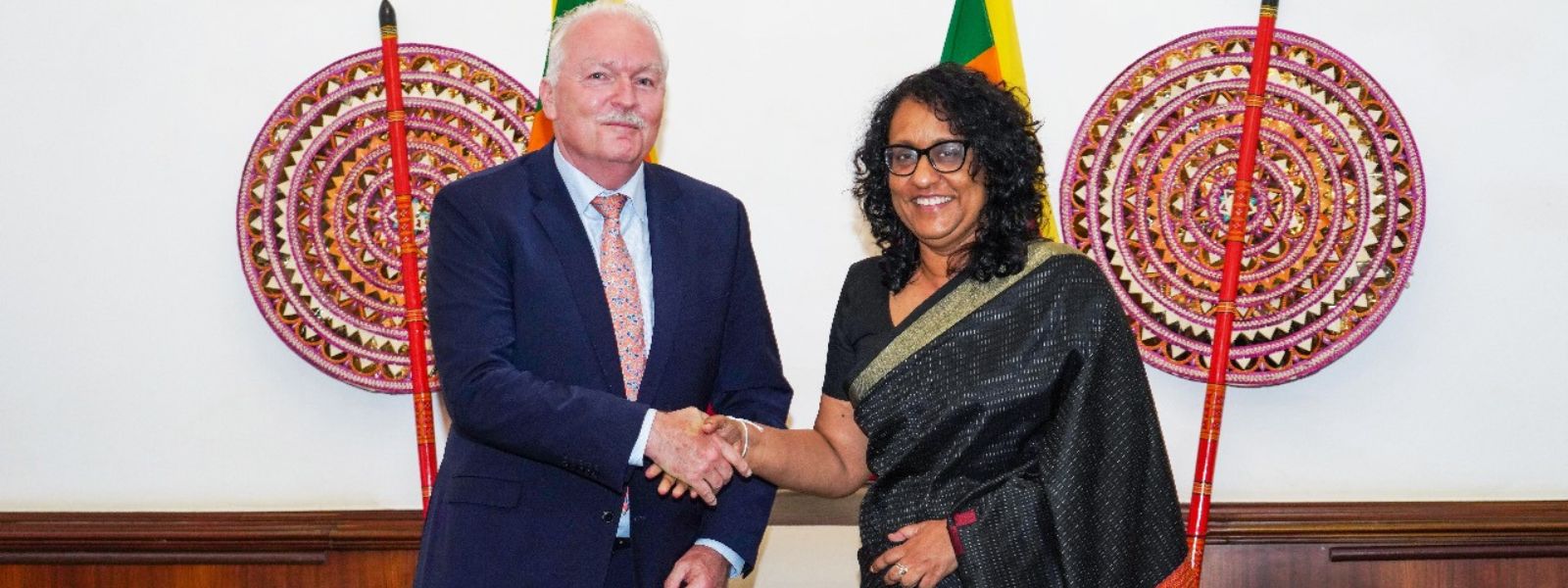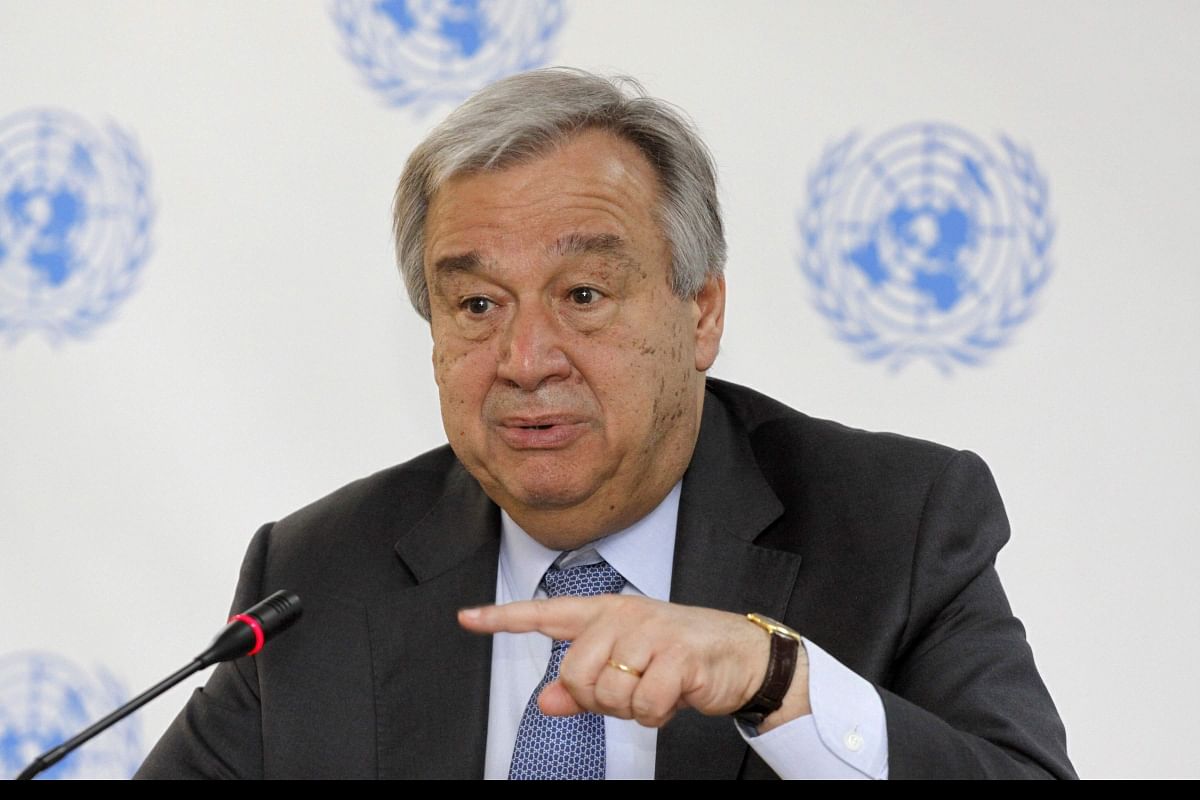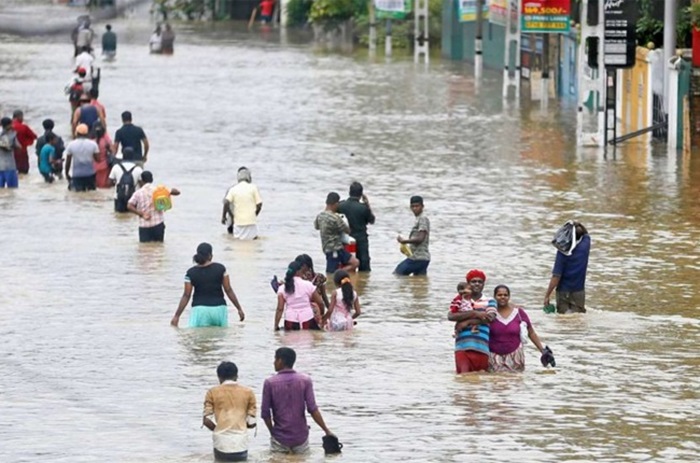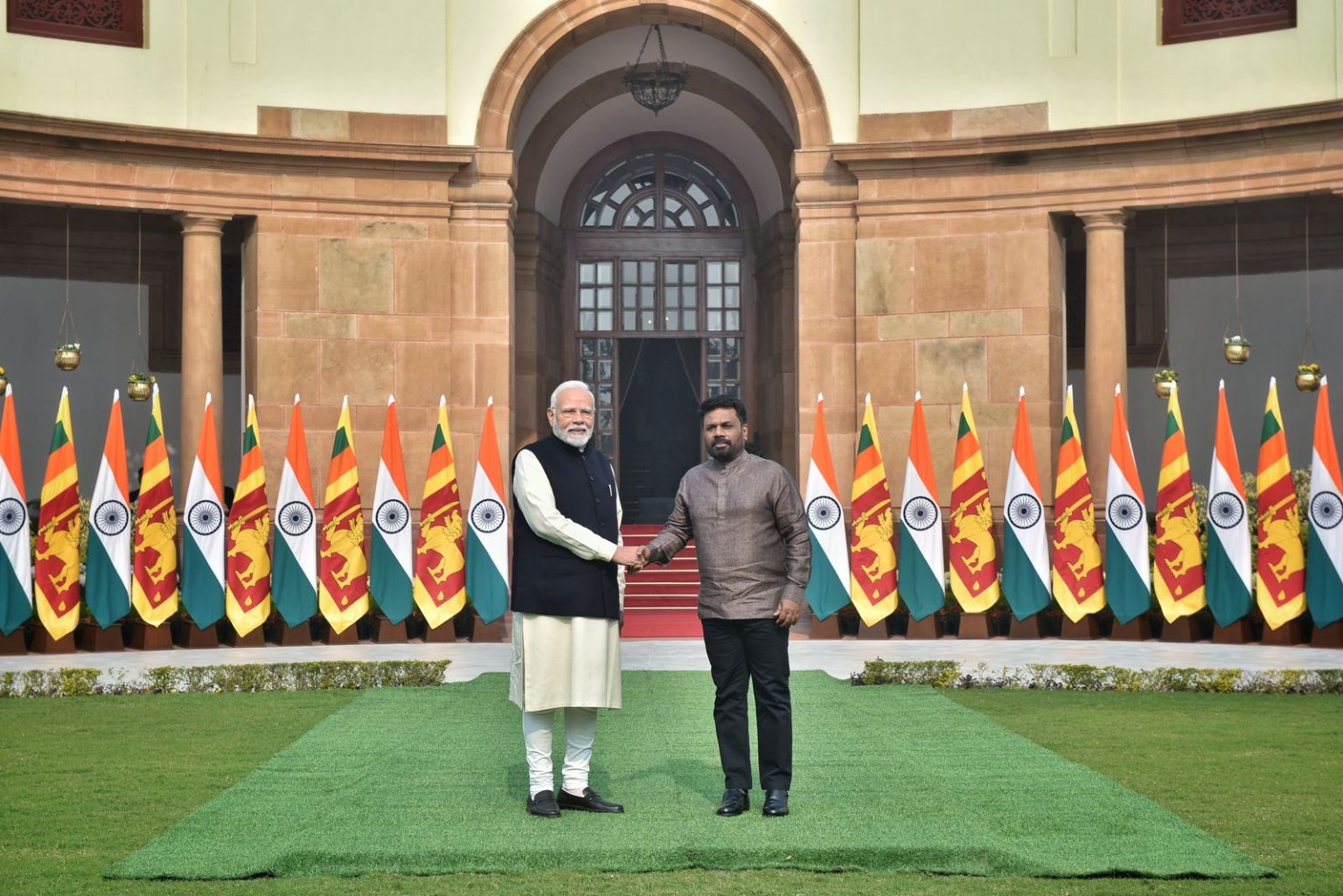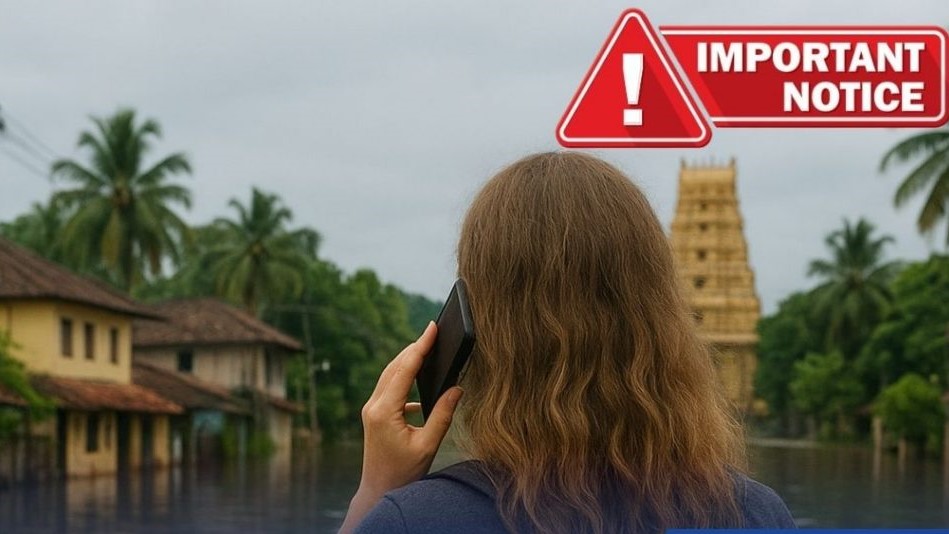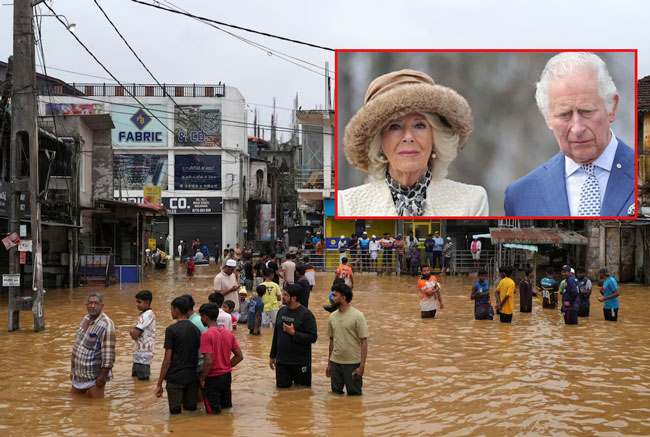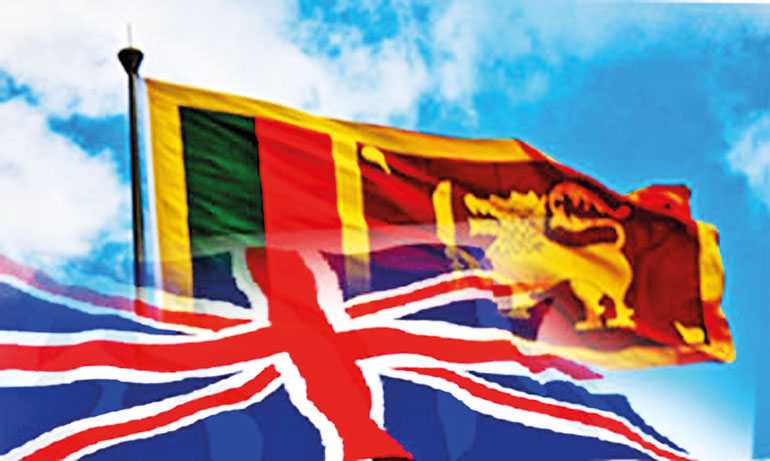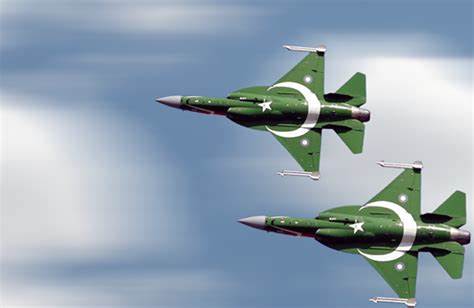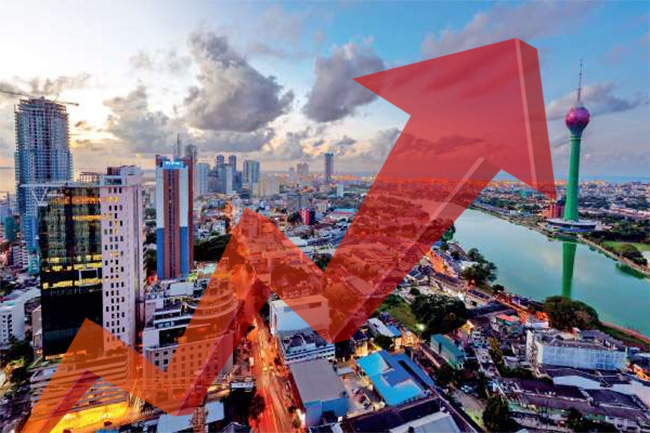Sri Lanka’s government expects full restoration of telephone and internet services by Thursday following severe disruptions caused by recent flooding and landslides, Deputy Minister of Digital Economy Eranga Weeraratne said.
Weeraratne said that the Ministry of Digital Economy, the Telecommunications Regulatory Commission, and service providers have been working around the clock to bring networks back online.
The floods and landslides initially damaged provincial fibre connections at 11 locations, with nine sites restored within 24 hours.
Remaining points are now being managed through alternative fibre paths, making provincial connections largely operational.
Power failures and fibre damage had rendered over 4,000 main transmission towers inactive.
Around 2,800 towers have been restored, leaving 949 still offline, mainly due to ongoing power outages.
The Tri-Forces are assisting by providing rapid access to telecom towers and supporting power restoration.
The hardest-hit districts remain Nuwara Eliya, Badulla, Puttalam, and Vavuniya, with Nuwara Eliya and Kandy experiencing the most persistent connectivity issues.
Weeraratne expressed confidence that more than 75% of connectivity will be restored in Nuwara Eliya and Puttalam by Thursday morning, with Kandy expected to rise from 65% to approximately 70%.
With over 80% of disruptions already addressed, authorities say full restoration of telecommunication services across the country is on track for Thursday.



